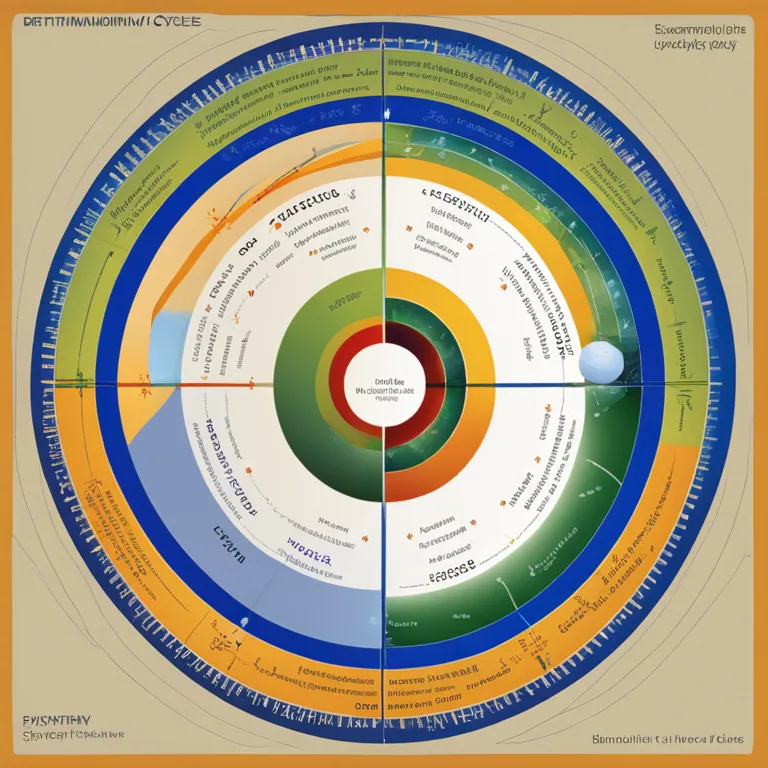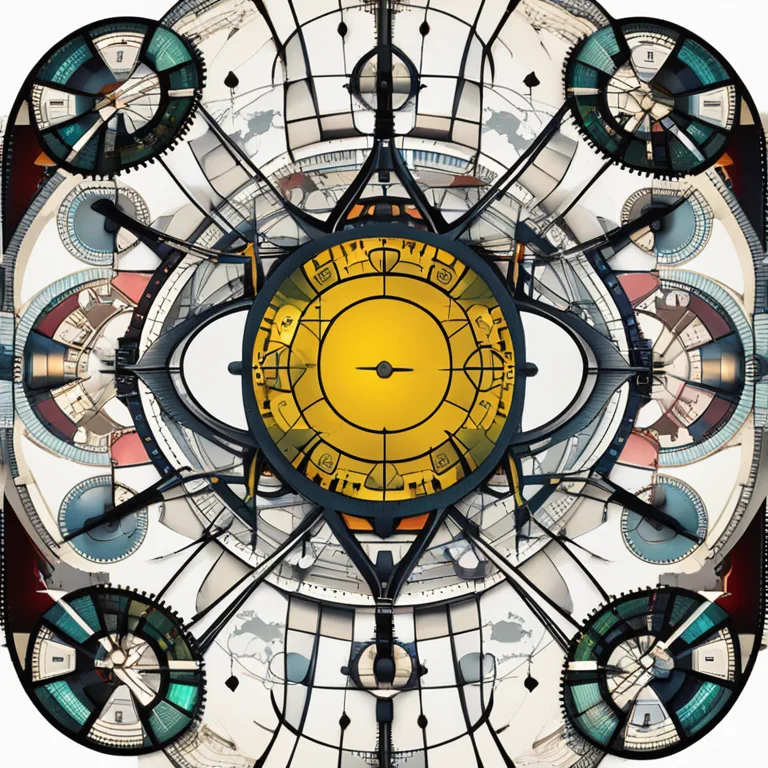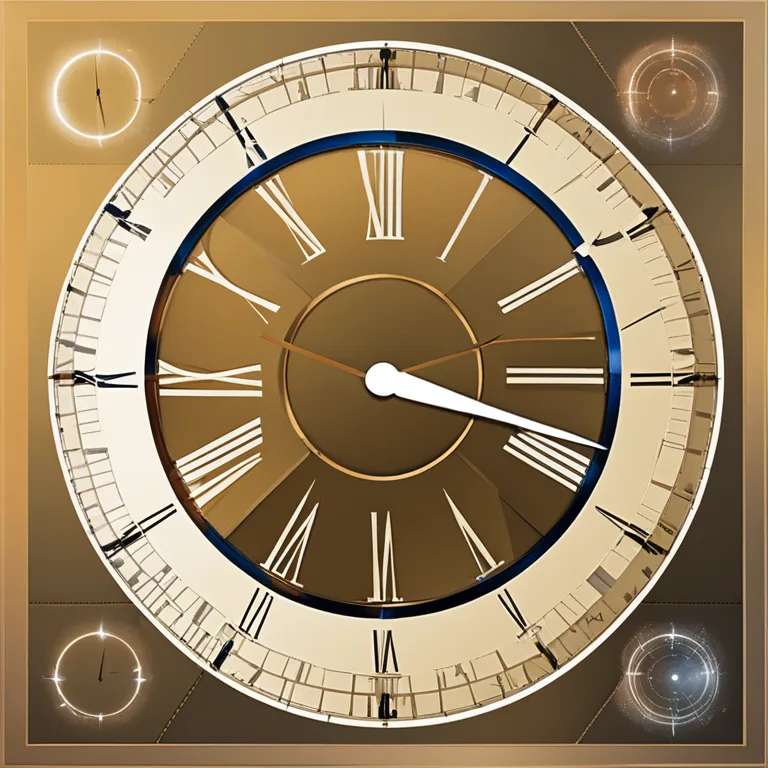
Between Biorhythms and Circadian Rhythms
Delve into the fascinating link between our body's internal biorhythms and the natural cycle of circadian rhythms, and learn how they influence our well-being.
article by Adrian Wallace
Introduction to Biorhythms and Circadian Rhythms
Biorhythms and circadian rhythms are two intrinsic timekeepers that orchestrate our body's functions, but each operates on a distinct scale and scope. Biorhythms, a concept hailing from the 19th century, posit that physiological processes fluctuate in predictable cycles. These cycles are thought to impact our emotional, physical, and intellectual well-being. On the other hand, circadian rhythms are scientifically-recognized 24-hour cycles that are deeply ingrained in the human physiology, regulating sleep-wake patterns and other bodily functions in response to environmental cues.

Scientific Basis of Circadian Rhythms
Circadian rhythms are generated by an internal clock, the suprachiasmatic nucleus (SCN), located in the hypothalamus. This master clock responds to external light signals and synchronizes bodily functions, such as hormone release, metabolism, and body temperature. In a world that revolves around a 24-hour day, aligning with this rhythm is crucial for maintaining optimal health. Disruptions to circadian rhythms, like jet lag or shift work, underscore their importance to our overall functioning.

Examining Biorhythmic Cycles
The theory of biorhythms charts three primary cycles: the 23-day physical cycle, the 28-day emotional cycle, and the 33-day intellectual cycle. Biorhythm supporters suggest that tracking these cycles can help predict periods of high performance or increased risk of accidents. Though considered pseudoscientific by many academics, biorhythm tracking still enjoys popularity within certain circles and is a matter of personal belief and anecdotal evidence.

Interrelation of Biorhythms and Circadian Rhythms
While circadian rhythms are a well-established concept, the interplay between these and the hypothesized biorhythms is less clear. Both deal with temporal patterns in the body's functioning—they represent an organism's attempt to synchronize with both its internal environment and the external world. Circadian rhythms dictate when we should rest or be active on a daily scale, while biorhythms, if validated, might influence when we're best suited for specific tasks over longer periods.

Critical Viewpoints and Scientific Scrutiny
The scientific community continues to study circadian rhythms, providing vast evidences of their impact on health, including risks for chronic diseases when they are disrupted. Biorhythms, however, have not been subjected to rigorous scientific testing and remain an unsubstantiated theory. As such, their relation to circadian rhythms is speculative. Consumers looking into biorhythmic calculations are often encouraged to consider them supplementary to the empirical evidence supporting circadian rhythms.
Importance for Health and Well-being
Understanding circadian rhythms is critically important for health. It informs approaches to sleep hygiene, work scheduling, and treatment timings in medicine, known as chronotherapy. While biorhythms may one day find their evidence-based place in holistic well-being practices, circadian rhythm research currently guides actionable recommendations to support physiological and psychological health.
Future Directions in Rhythmic Research
Future exploration into the body's rhythms promises to deepen our understanding of human health. Whether additional evidence will emerge to support biorhythms or not, the study of our body's temporal patterns will remain a frontier in both science and wellness sectors. A continued emphasis on circadian rhythm research may provide the framework needed to validate or refute the existence of interconnected biorhythmic cycles.
Published: 12/28/2023
Modified: 12/28/2023
More predictions
Come back here soon to learn more about yourself and your future


Biorhythm Insights: Patterns of Life's Peaks and Valleys
Discover the intriguing concept of biorhythms and see practical examples of how these physiological cycles might influence our daily lives.


Biorhythm Love Compatibility Calculator: A Guide
Discover the secret to harmonious relationships with our Biorhythm Love Compatibility Calculator. Unlock the potential of emotional, physical, and intellectual synch.


The Accuracy of Biorhythms: A Myth or Science?
Delve into the debate on the accuracy of biorhythms and discover whether they hold any scientific validity.